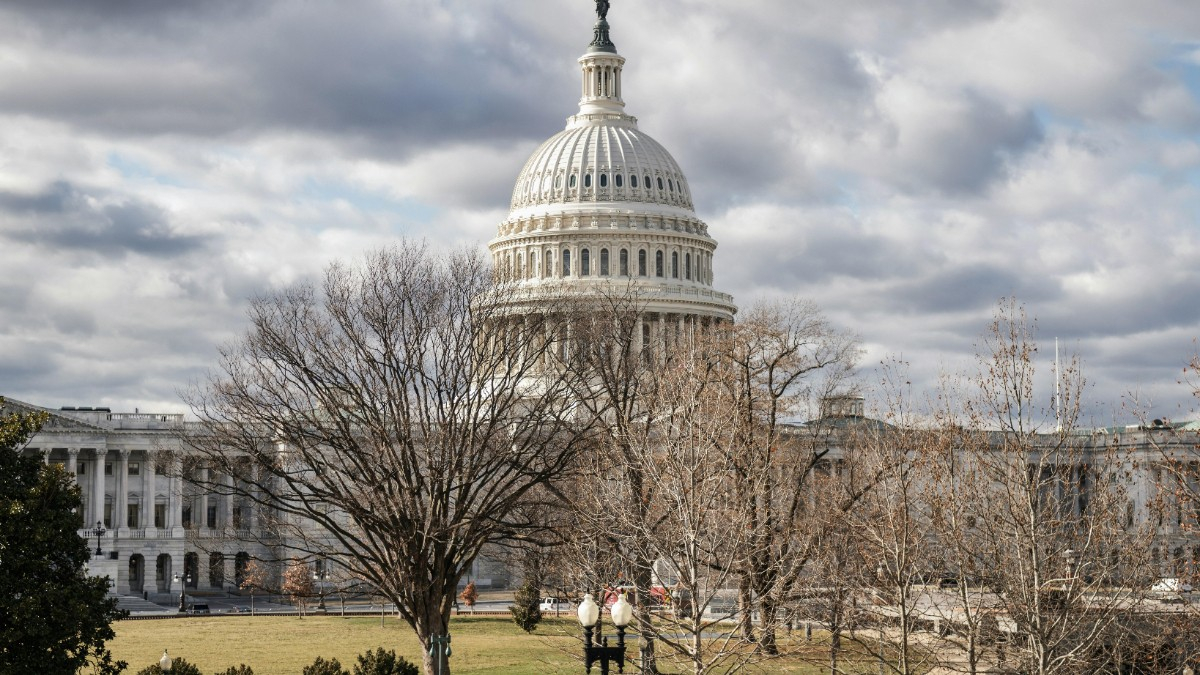Who is John Thune?
John Thune is an experienced politician from the State of South Dakota who has just been elected as the new Republican leader in the U.S. Senate, replacing Mitch McConnell after his long-running reign. The rise of Thune into this high position really marks how things have changed in the Senate as the Republican Party prepares for a different political environment from what was experienced after the latest elections.
His early life and education
John Thune was born on January 7, 1961, in Pierre, South Dakota, and grew up in that small-town environment, which instilled certain values and interests in him. He attended Biola University, receiving in 1983 a bachelor’s degree, and in 1984 a master’s degree in business administration from the University of South Dakota. Thune’s early exposure to politics came when he worked as an aide to U.S. Representative Jim Abdnor, an experience which sparked his passion for public service.
Following his education, Thune worked for the Small Business Administration under President Ronald Reagan before returning to South Dakota. It wasn’t until he became the executive director of the South Dakota Republican Party in 1989 that his political career really started to take off. This post gave him valuable experience and exposure that would prove quite helpful in his future political pursuits.
Congressional career
Thune’s first important election was in 1996 to represent South Dakota in the U.S. House of Representatives. He quickly gained a reputation as a conservative voice in Congress and was re-elected comfortably. He remained true to his three-term promise and didn’t seek a fourth term in 2002.
In 2004, Thune had the audacity to take on then-Senate Minority Leader Tom Daschle and came out on top and historic defeat of a sitting party leader. That got him into the Senate, to which he has been elected since January 2005. Thune eventually was reelected multiple times, including unopposed in both 2010 and 2016, landing him in leading ranks in the Republican Party.
Leadership roles and influence
Throughout his Senate career, Thune has held numerous leadership roles that are a reflection of his influence within the Republican Party. From the Senate Republican whip since 2019 to getting elected as leader, this was one of the most critical players in party strategy and legislative coordination. Additionally, he served as Senate Republican Policy Committee chair from 2009 to 2011 and Conference Chair from 2012 until 2018.
As Senate leader, Thune will not only have to articulate the party’s stand on important issues but will also have to coordinate legislative efforts. His leadership style features an emphasis on party unity and dedication to the advancement of conservative priorities. Thune’s election has come at a time when Republicans are trying to cement their majority and pose an effective counterbalance to Democratic initiatives.
Relationship with Trump
Thune’s relationship with former President Donald Trump has been complicated: he was critical of Trump’s actions surrounding the riot at the Capitol on January 6 and had supported Senator Tim Scott during the Republican primaries. More recently, Thune has worked to repair relations with Trump. His pledge now to support Trump’s agenda suggests a strategic agreement between the two men in an effort to move both their interests forward.
Thune ran for leader on a platform of cooperating with Trump to avoid legislative logjams and to confirm the new president’s appointments. It reflects an acceptance of Trump’s strong grip on the Republican grassroots and a sense by Thune that he needs to bend to the party winds.
The tests ahead
As Thune begins his new leadership role, he’s facing some doozies of tests: internal Republican Party divides over acutely divisive national issues such as inflation, healthcare reform, and immigration policy, in addition to party cohesion given deeply divided perspectives on how tight the party should ally itself with Trump’s agenda.
Thune’s leadership will be put to test as he seeks to balance between the traditional conservative values and populist sentiments that seem to have caught on in the party. Successes in legislation, or major electoral strategies which would continue their majority status in future elections depend on his capacity to cohere the many groups in the GOP.
Read more: Who is Kristi Noem, the governor of South Dakota, Trump has picked as head of Homeland Security?
Read more: Who is Elise Stefanik, the woman chosen by Trump to be the new U.S. ambassador to the UN
